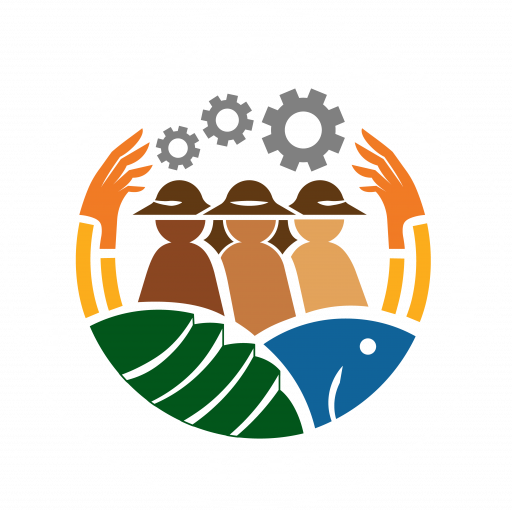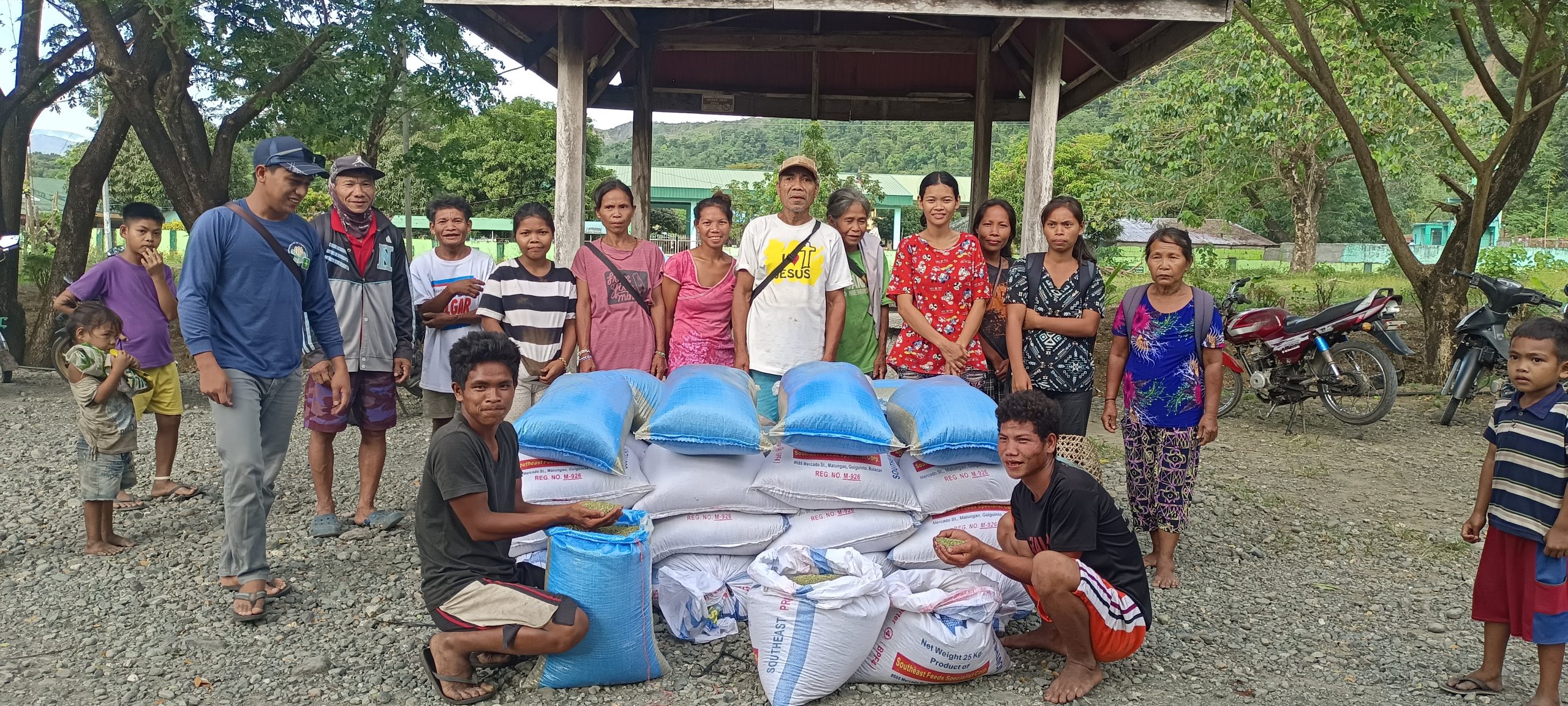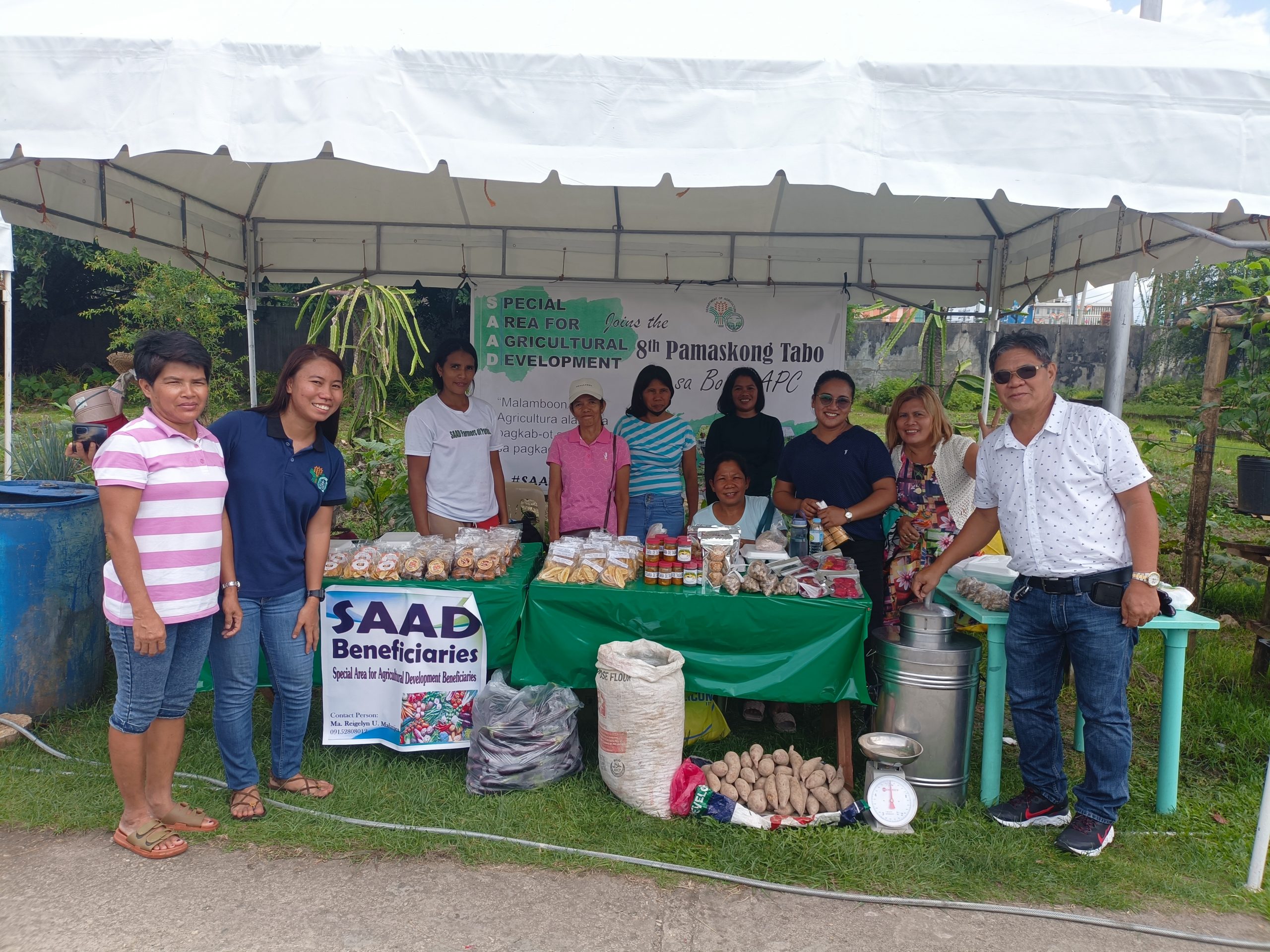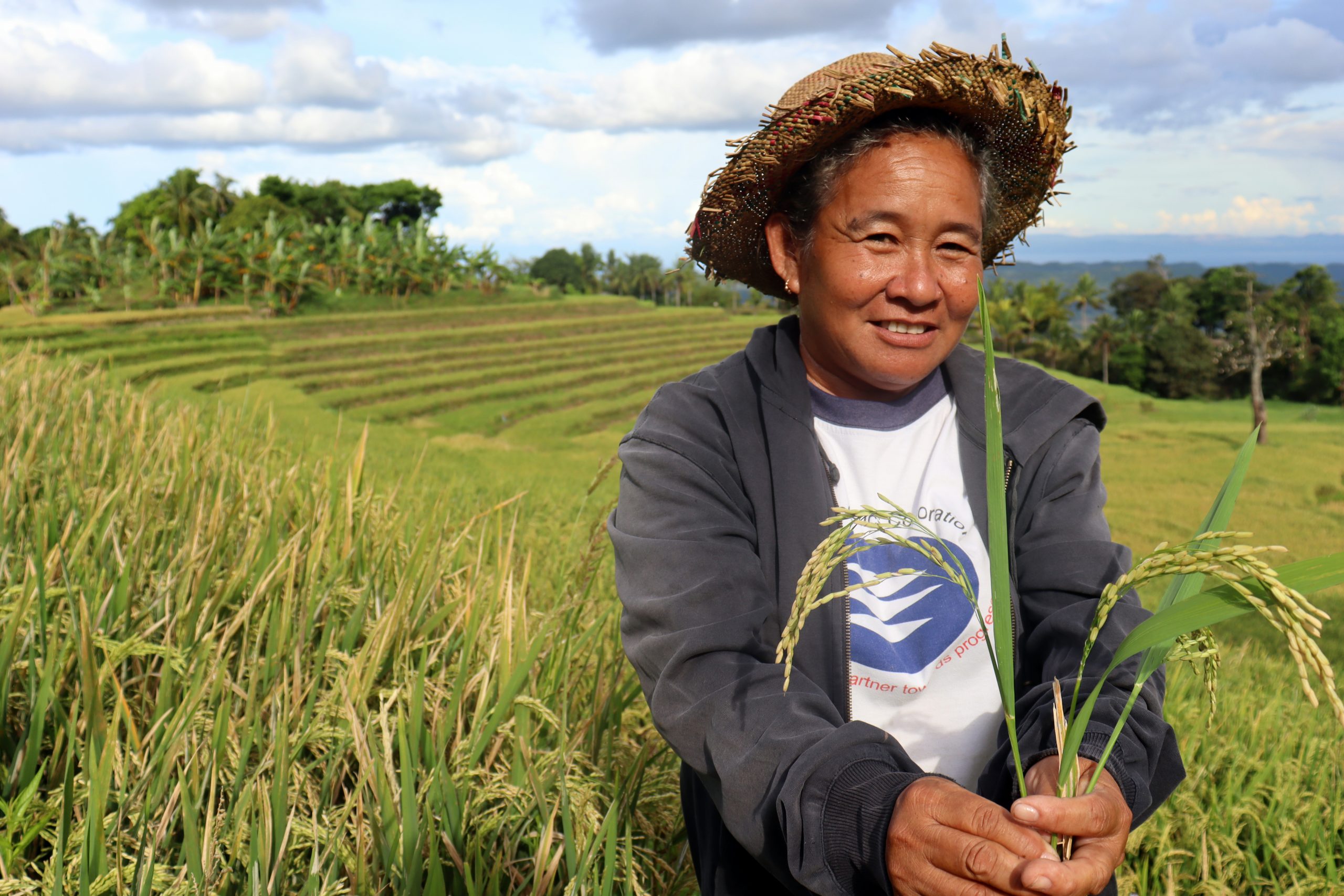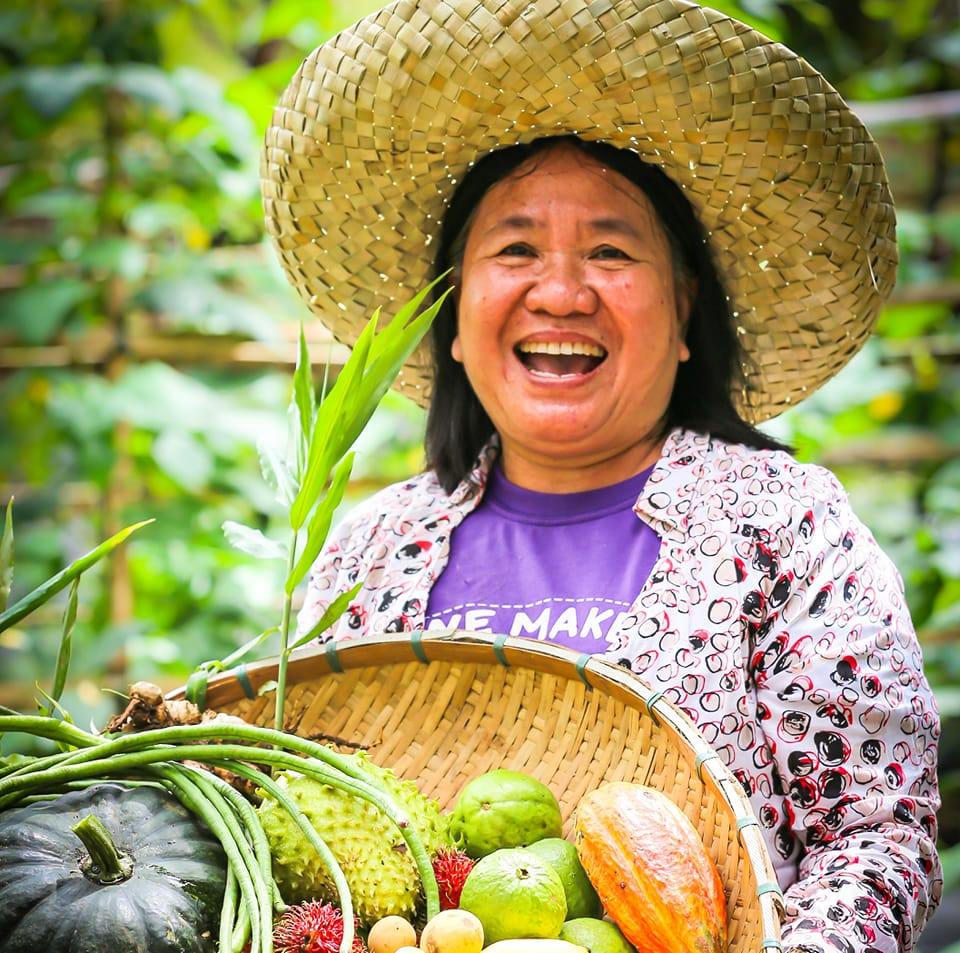LOS BAÑOS, LAGUNA, October 06, 2022 – Despite early conclusion of the Special Area for Agricultural Development (SAAD) Program implementation in the fisheries sector, focals and alternate focals from different Bureau of Fisheries and Aquatic Resources (BFAR) – SAAD areas convened to reflect and identify the impact of projects to be collated in the program’s terminal report. Officially closing Phase 1 for the fisheries sector, issues of implementation way back from the planning phase arose, which challenged impact measurement of the program among beneficiaries from different regions.
The Project Management Workshop towards Terminal Phase training is aimed at guiding and unifying the BFAR sector’s accounts under the guidance of training and organizational development consultant Ms. Marylyn Doromal. The discussion facilitated a trackback of the projects, identifying data that can be used to mount the whole report but simultaneously minding the gaps in the processes that will be highlighted as the implementers go along. This is an advantage as the Bureau implementers prepare for the second phase.
Ultimately, the report, the learnings, and realizations of the ideal scenarios in the previous implementation along the process of crafting will be a strong foundation and reference for the continuation of the program, an expanded version that shall commence in the following year.
Ms. Doromal stressed that thorough planning is a crucial stage that will hold the implementation together. In addition, performance indicators must be defined for a clearer scope and limitation of the project.
Likewise, this process shall be highly dependent on the demographics and nature of the beneficiaries so that the experience in going through the program will not only fulfill the agency and institution’s mandate but will inspire the clientele to sustain the project and their progress in the development of their community.
Setting indicators of accomplishment, proper documentation, filing, and database system at the outset of the project are useful tools not only in crafting an informative terminal report but are also effective in the implementation of projects. This information and filing system will easily solve problems in crafting the report.
The training also reiterated to the learners – as initiators of development, the SAAD’s mission for the Filipino fisherfolk. This is to strengthen their commitment to echoing the rallying cry of the agency in combating poverty among the agricultural stakeholders. Ms. Doromal also affirmed that the efforts for the fishing communities will not be put to waste as impacts are not immediate especially in the areas where effects of poverty are embedded and normalized.
A serious issue that requires correction and improvement is the unbalanced emphasis in sectors usually favorable for agriculture over fisheries development. From the learners’ perspective, apart from a huge gap in budgetary resources, capacity building for BFAR implementers is not given as much focus as their agriculture counterpart which requires the same amount of labor rendered for different far-flung areas.
As the program changed its direction from providing food on the table to enterprise establishment in the name of sustainability, similarly, both sectors had a difficulty in identifying key performance indicators (KPI) as this transition required intense upscaling of capacity while the program expands its services.
Mr. Eduardo Leaño, Jr. administrative and technical staff from the national office of BFAR specified the challenge of unifying the data from 2017-2019 KPI to 2020-2021 KPI, from food security where food frequency and economic aid are measured, that later on shifted to enterprise establishment, where income indicator took place into the narrative. This is also what the workshop is trying to compromise.
The training was held from October 03-07, in Los Baños, Laguna gathering regional and national staff of BFAR. SAAD Program Director, Mr. Ulysses J. Lustria, Jr. led the National Program Management Office (NPMO) delegation, while Ms. Elymi Ar-J S. Tuñacao, Chief, Inland Fisheries and Aquaculture Division (IFAD), and National Focal for BFAR SAAD, BFAR Central Office joined in a remote setup.
Moving forward, the collation of data and narrative will be continuous in the following months, with the final report to be ready in the first quarter of 2023. SAAD-BFAR implementation will be aligned with its agriculture counterpart, securing financial resources and prioritization for six (6) years of implementation. ###
Writer: Jessamae Gabon, DA-SAAD NPMO Information Officer
